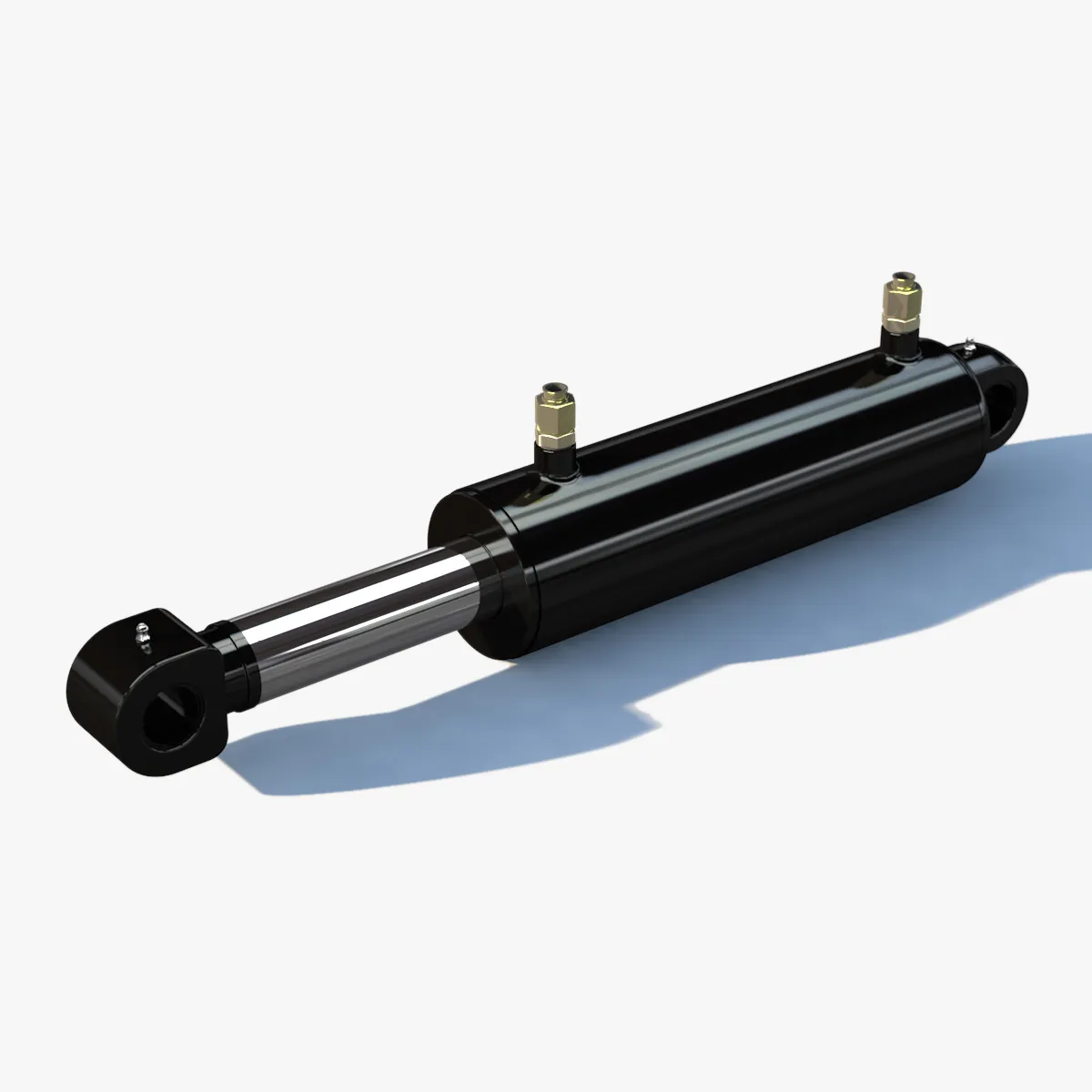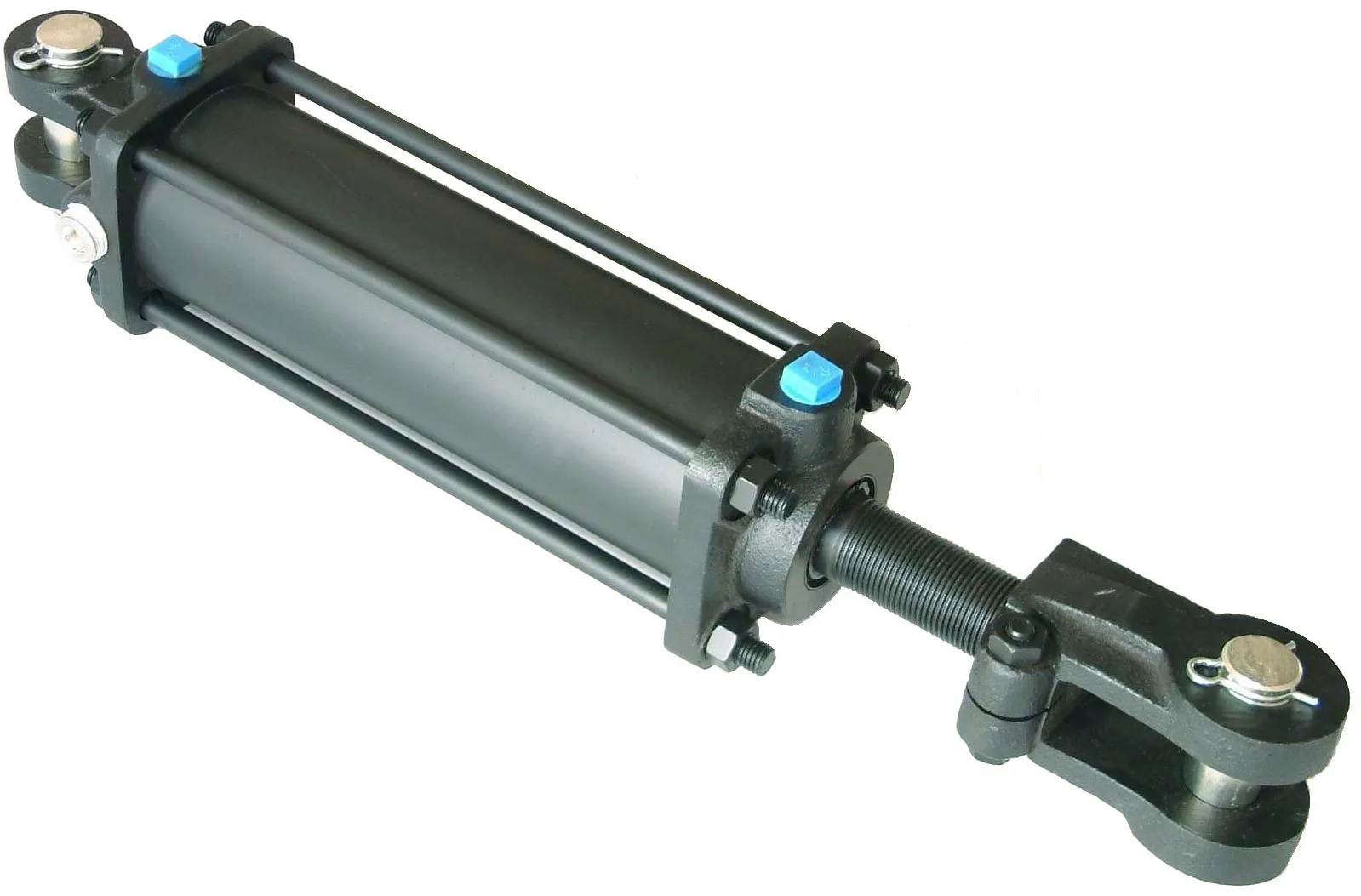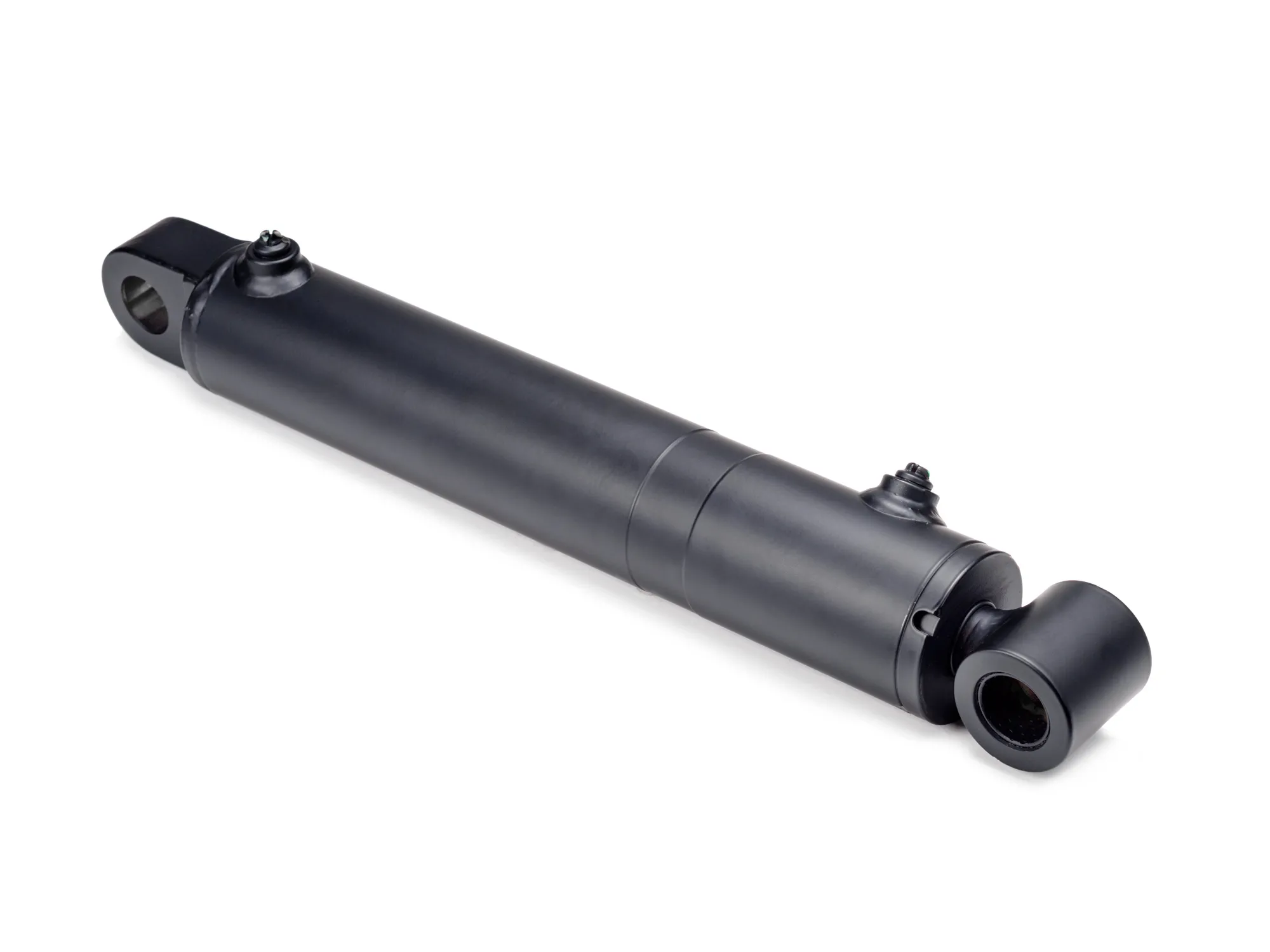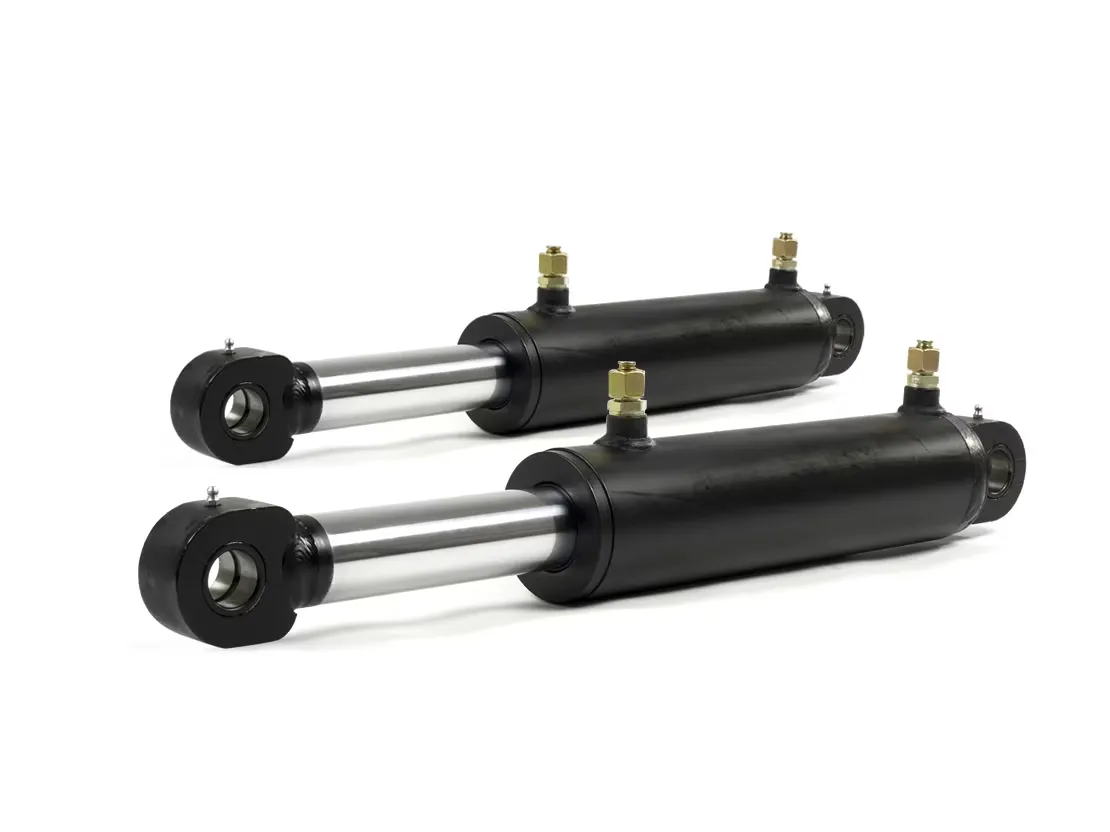Exploring the Advantages of Locking Single-Acting Hydraulic Cylinder
Subtitle: Understanding the Key Features and Benefits
Locking single-acting hydraulic cylinder is a specialized component that operates under hydraulic pressure in one direction and incorporates a locking mechanism to prevent movement when pressure is lost. This article delves into the design, construction, working principle, and application scenarios of this essential hydraulic equipment.

Design and Construction Features
Locking Mechanism – Safety
The primary feature of the locking single-acting hydraulic cylinder is its locking mechanism, which ensures the piston remains securely in position even when hydraulic pressure is lost. This mechanism can be a mechanical lock or a hydraulic lock, providing added safety and stability.
Variety
The design of the locking mechanism can be customized to suit specific applications, utilizing spring-loaded locking devices, pin locks, or other mechanical locks. This versatility allows for tailored solutions for various industrial needs.

Compact Structure – Space Optimization
Locking single-acting hydraulic cylinders are designed to be compact, making them ideal for use in confined spaces. This feature enhances their usability across a wide range of equipment and machinery, ensuring efficient operation.
Precision Manufacturing – High-Precision Machining
These cylinders require precision manufacturing to achieve optimal fit and sealing performance, minimizing the risk of leakage. Strict quality control measures are implemented throughout the production process to uphold reliability.
Assembly Process – Specialized Assembly
Professional technicians oversee the assembly process to ensure correct installation and calibration of individual components. A thorough pressure test is conducted post-assembly to verify performance and tightness.
Working Principle
The locking single-acting hydraulic cylinder operates on a single-acting mechanism, extending the cylinder when hydraulic oil is pumped in and holding the piston in place via a locking mechanism. This ensures load safety and stability even in the absence of hydraulic pressure.
Types and Configurations
There are three main types of locking single-acting hydraulic cylinders available, each with distinct configurations catering to specific industrial requirements. These variations offer versatility and adaptability in diverse applications.
Benefits
Enhanced Security
The locking feature significantly reduces the risk of accidental retractions, enhancing operator safety and preventing mishaps in industrial settings.
Reliability
Designed to withstand high loads and varying conditions, these cylinders ensure consistent performance and operational reliability in demanding environments.
Simplicity
Easy to operate and maintain, locking single-acting hydraulic cylinders offer user-friendly solutions for a wide range of applications, promoting operational efficiency and ease of use.
Application Scenarios
Locking single-acting hydraulic cylinders find extensive use in construction equipment, manufacturing machinery, transportation vehicles, and aviation systems. Their versatile applications contribute to improved safety and efficiency in various industries.
Design Considerations and Selection Criteria
When selecting locking single-acting hydraulic cylinders, factors such as bearing capacity, sealing performance, durability, safety features, and maintenance requirements should be carefully evaluated. These considerations play a crucial role in ensuring optimal performance and longevity.

Sealing and Lubrication
Effective sealing using quality materials like piston seals and rod seals, along with proper lubrication, is essential to enhance the longevity and performance of locking single-acting hydraulic cylinders. Regular maintenance and lubrication practices are crucial for optimal operation.
Preventive Maintenance
Implementing regular inspection routines and preventive maintenance measures can prolong the lifespan of locking single-acting hydraulic cylinders. By adhering to maintenance protocols, potential issues can be identified and resolved promptly.
Installation Guide
Proper installation of locking single-acting hydraulic cylinders is vital for optimal performance. Following manufacturer guidelines and ensuring correct alignment and calibration are crucial steps in the installation process to guarantee efficient operation.
Maintenance Tasks
Regular inspection, lubrication, seal replacement, and calibration checks are essential maintenance tasks to uphold the performance of locking single-acting hydraulic cylinders. Adhering to maintenance routines and addressing issues promptly can prevent downtime and ensure operational efficiency.
Safety Considerations and Environmental Factors

Emphasizing safety measures and considering environmental factors when using locking single-acting hydraulic cylinders is crucial for maintaining a safe working environment. Implementing proper safety protocols and adhering to environmental regulations are paramount.
Fault Diagnosis and Troubleshooting
Identifying common problems and implementing effective troubleshooting solutions is essential for maintaining the performance of locking single-acting hydraulic cylinders. By diagnosing faults promptly and addressing issues systematically, downtime can be minimized.
Unit Power and Optimization
The unit power of locking single-acting hydraulic cylinders directly impacts their efficiency and performance. Factors like cylinder diameter, operating pressure, piston speed, and load conditions influence the unit power output, highlighting the importance of optimization for enhanced productivity.
Company Focus
Our company specializes in hydraulic cylinder replacement manufacturing, offering a comprehensive product line to meet diverse industrial needs. With a focus on quality, international certifications, customized services, advanced production equipment, and excellent after-sales support, we have established ourselves as a leading manufacturer and distributor in the domestic and global markets.
Author: lyl
